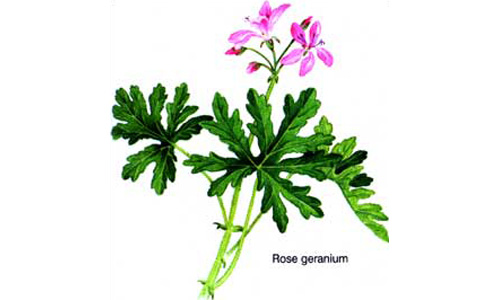 |
Mosquito Repellent Plants |
 |

Mosquito Repellent Plants in Lakeland |
I've had the good fortune to be in the pest control business, primarily in mosquito control for 10 years. In all the time, I've encountered hundreds of individuals that have planted specific plants, as repellents to mosquitoes. I have found to date, even though the plants contain the repellent properties, they have had little effect on the mosquito population for customers I've served. In an effort to give you an opportunity to try some of these plans for yourself, I have compiled a list of plants contain properties of a repellent nature: Citronella the most common natural ingredient used in formulating mosquito repellents. The distinctive citronella is a strong smell which masks either attractants to mosquitoes, making it harder for them to find you. Horsemint, also known as beebomb, is an adaptable perennial plant which repels mosquitoes much the same as citronella. It has a strong odor which confuses mosquitoes by masking the smell of the mosquitoes victims. Marigolds, commonly known as ornamental plants, marigolds are hardy plants which have a distinctive smell which mosquitoes ang some gardeners, find particularly offensive. Marigolds contain Pyrethrum, a compound used in many insect repellents. Ageratum, also known as fossflowers, emits a smell which mosquitoes find particularly offensive. Ageratum secretes coumarin, which is widely used in commercial mosquito repellents. Catnip is a natural mosquito repellent. Entomologists at Iowa State University found catnip to be more effective than DEET. It is also found in some commercial insect repellents. |
 |
 |
|
